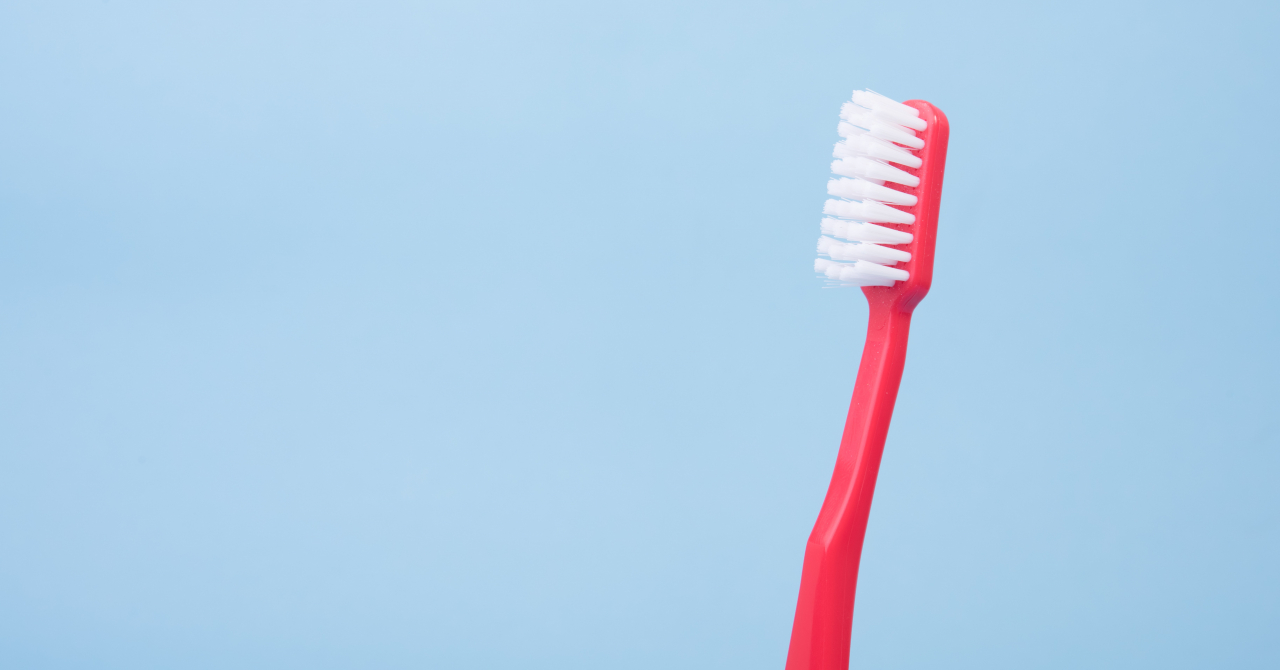According to Inhabitat, the brushes created by Reswirl are made from a material called Bio-PBS (Polybutylene succinate), a natural substance derived from sugarcane and corn, which is mixed with calcium carbonate for stiffening and whitening.
People can buy these innovative toothbrushes either as a one-time purchase, to try them out, or through a quarterly or annually subscription service, and the used brushes can be returned for recycling.
The return system is being used by the company in order to prevent the brushes from reaching landfills and to have a supply of materials they can reuse for making new brushes.
Most of the components of the toothbrush are being cleaned, broken up and then combined with new materials in order to have a consistent quality, and any unusable materials are composted.
Compared to traditional, fossil-fuel based plastics, composed bio-plastics offer very similar quality and strength, and as they become more widely adopted, consumers are less likely to notice a change in those factors.
The biggest advantage by far presented by bio-plastics is that, if they reach landfills, they should degrade much faster than traditional plastics, meaning that they don't pose as much of an ecological threat as the old fashioned material.
All purchases of the eco-friendly brush include shipping costs to and from the UK, so basically there is no extra shipping cost.
While shipping definitely has its own carbon footprint, Reswirl makes up for this with their biodegradable toothbrushes and their packaging, which is also environmentally friendly.
Reswirl's solution could replace some 3.5 billion toothbrushes purchased every year that are used for just a few months before being thrown away.
 Mihai - Cristian Ioniță
Mihai - Cristian Ioniță












Any thoughts?